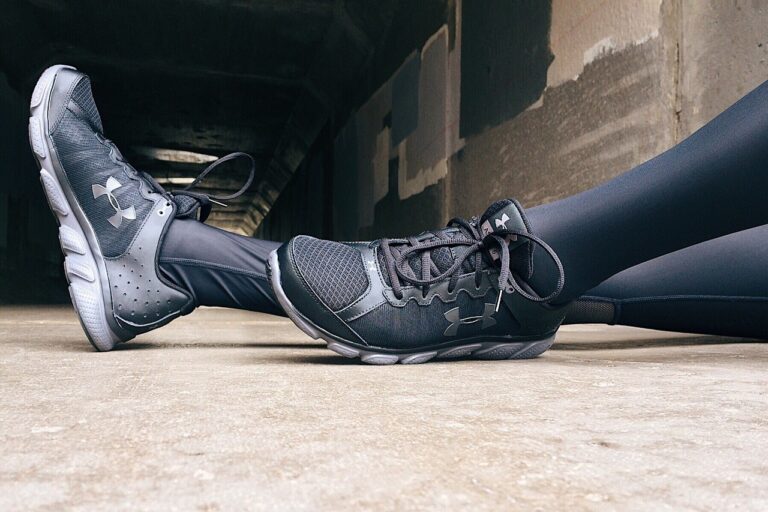Lung Health in Bakers and Pastry Chefs: Managing Flour Dust Exposure: Laser247 com login id and password, Lotus 365.vip, Sky 247 login
laser247 com login id and password, lotus 365.vip, sky 247 login: Lung Health in Bakers and Pastry Chefs: Managing Flour Dust Exposure
Do you love baking and creating delicious pastries? As a baker or pastry chef, you know that working with flour is a staple in your profession. However, did you know that exposure to flour dust can pose serious risks to your lung health? In this article, we will discuss the potential dangers of flour dust exposure and provide tips on how to manage it effectively.
Understanding the Risks
Flour dust may seem harmless, but when it becomes airborne in the form of tiny particles, it can be inhaled into your lungs. Over time, this can lead to respiratory issues such as asthma, bronchitis, and even more serious conditions like Chronic Obstructive Pulmonary Disease (COPD). Research has shown that bakers and pastry chefs are at a higher risk of developing these conditions due to their constant exposure to flour dust in the workplace.
Managing Flour Dust Exposure
So, what can you do to protect your lung health while working with flour? Here are some tips to help you manage flour dust exposure effectively:
1. Use Proper Ventilation: Make sure your workspace is well-ventilated to reduce the concentration of flour dust in the air. Consider installing exhaust fans or using air purifiers to help eliminate airborne particles.
2. Wear Protective Gear: Invest in a proper mask or respirator to filter out flour dust while working. Make sure to choose a mask that is specifically designed for particle filtration and fits snugly over your nose and mouth.
3. Keep Your Workspace Clean: Regularly clean surfaces where flour dust may accumulate, such as countertops, floors, and equipment. Use a damp cloth or mop to avoid dispersing dust particles into the air.
4. Wash Your Hands and Face: After working with flour, be sure to wash your hands and face thoroughly to remove any residue that may have settled on your skin. Avoid touching your face while working to prevent inhalation of dust particles.
5. Take Breaks Outdoors: If possible, take short breaks outside to give your lungs a break from breathing in flour dust. Fresh air can help clear your airways and reduce the risk of respiratory issues.
6. Stay Informed: Educate yourself about the risks of flour dust exposure and the symptoms of respiratory conditions. Stay alert to any changes in your breathing or overall lung health and seek medical attention if needed.
FAQs
Q: Can flour dust exposure cause long-term lung damage?
A: Yes, prolonged exposure to flour dust can lead to chronic respiratory conditions and lung damage over time. It is important to take precautions to protect your lung health while working with flour.
Q: Are there any specific types of masks recommended for bakers and pastry chefs?
A: Masks with N95 or higher filtration ratings are recommended for filtering out flour dust particles effectively. Make sure to choose a mask that fits properly and creates a seal around your nose and mouth.
Q: How often should I clean my workspace to reduce flour dust exposure?
A: It is recommended to clean your workspace daily to minimize the buildup of flour dust. Pay special attention to areas where dust may accumulate, such as mixing bowls, countertops, and equipment surfaces.
In conclusion, as a baker or pastry chef, it is essential to prioritize your lung health and take steps to manage flour dust exposure in the workplace. By following the tips outlined in this article and staying informed about the risks, you can protect yourself from potential respiratory issues and enjoy a long and healthy career in the baking industry.







